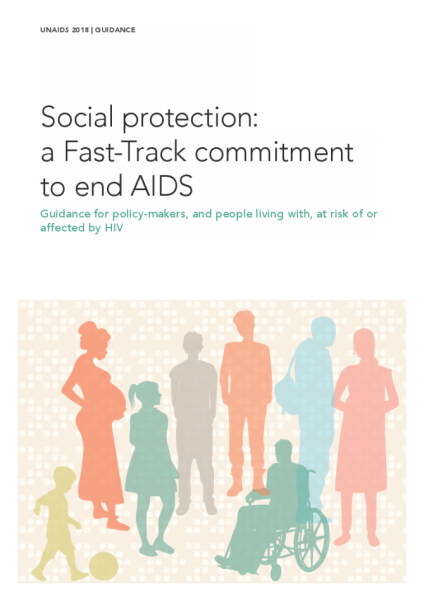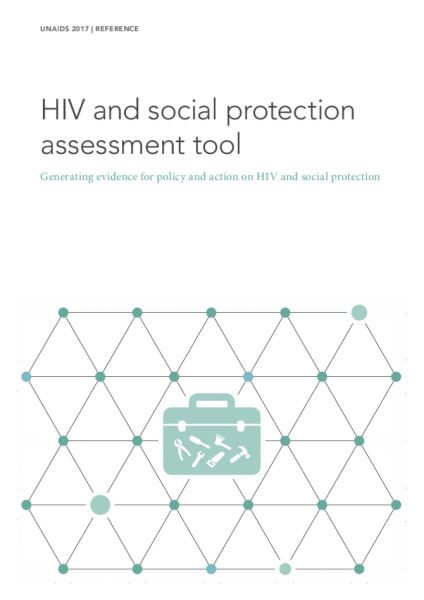Indigenous health worker Jijuké Hukanaru Karajá works as a nurse in the Indigenous Health District of Araguaia, named after one of Brazil’s major rivers located in the eastern Amazon basin. She has been working with indigenous peoples for many years and criss-crosses between Brazil’s cities and indigenous villages to provide crucial health services. Ms Karajá feels very proud to be a part of the Brazilian indigenous public health system, having followed in her father’s footsteps.
“I’ve worked in town and in my indigenous village with my own people, and it’s extremely gratifying to help them in this way,” she said.
Ms Karajá believes that being indigenous eases communication and cultural differences. HIV and syphilis prevalence remains low among indigenous peoples in Brazil, but she fears that growing interaction with nearby cities will change that.
Established in 2010, the indigenous health services deliver services to every indigenous community, regardless of their remoteness. An 800-strong team of doctors, nurses, health-care technicians, psychologists, advisers and indigenous health workers work tirelessly, covering huge distances. They carry out tests for HIV, syphilis and other sexually transmitted infections. According to Ms Karajá, indigenous communities welcome them.
“Testing always follows a series of talks and workshops in villages about prevention of HIV and other sexually transmitted infections, and so the whole process flows naturally,” she said. If anyone tests positive for HIV, immediate counselling is available. Importantly, in the scope of this unique system, all HIV response efforts incorporate cultural beliefs.
Over a decade ago, a groundbreaking project pioneered by Adele Benzaken, at the time a researcher at Fundação Alfredo da Matta in Manaus, received funding from the Bill & Melinda Gates Foundation to test more than 46 000 indigenous peoples within their own communities. Activities focused notably in Amazonas and Roraima, remote forested states that are home to more than half of the indigenous peoples in Brazil. Stopping gender-based violence and keeping children from being born with congenital syphilis and HIV were among their priorities.
“Before the project, this indigenous population had very little access to any kind of diagnosis, treatment and prevention,” remembers Ms Benzaken, who today runs the national STI, AIDS and Viral Hepatitis Department of the Ministry of Health in Brazil. “They were vulnerable and didn’t have access to programmes.”
In 2012, rapid testing became a public policy for Brazil’s indigenous and general population. In five years, rapid HIV test distribution to the 34 operating indigenous health districts almost tripled to 152 000 in 2017; syphilis rapid test distribution more than doubled to more than 65 000 in the same year.
By boat, road and foot, health workers travel across the vast territories to test, raise awareness and discuss preventive methods, such as condoms.
Brazil is home to almost 900 000 indigenous peoples, with indigenous lands representing more than 12% of the country. Altogether, the country has 305 ethnicities speaking 274 different languages. The largest ethic group among them are the Tikuna.
Vinicios Ancelmo Lizardo—or Pureenco, in his original Avaí indigenous name—works as a health worker mainly in the Amazon region. “To help my people, I have to help them understand what health really means to them,” he said. Before explaining HIV prevention to a group of Tikuna in their own language, he speaks to them about love, sex and freedom, and he makes them laugh by teaching them—with the help of a lifelike dildo—how a male condom should be used.
Mr Lizardo admits that breaking cultural barriers and building bridges between science and tradition is challenging. But he knows that as most indigenous communities can no longer stay isolated, they cannot be left behind.




